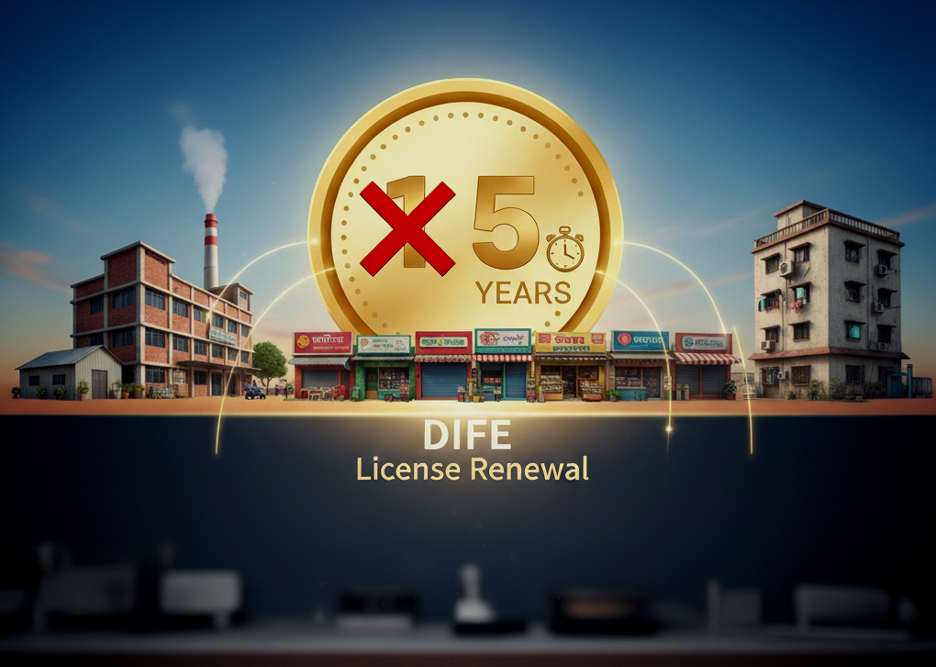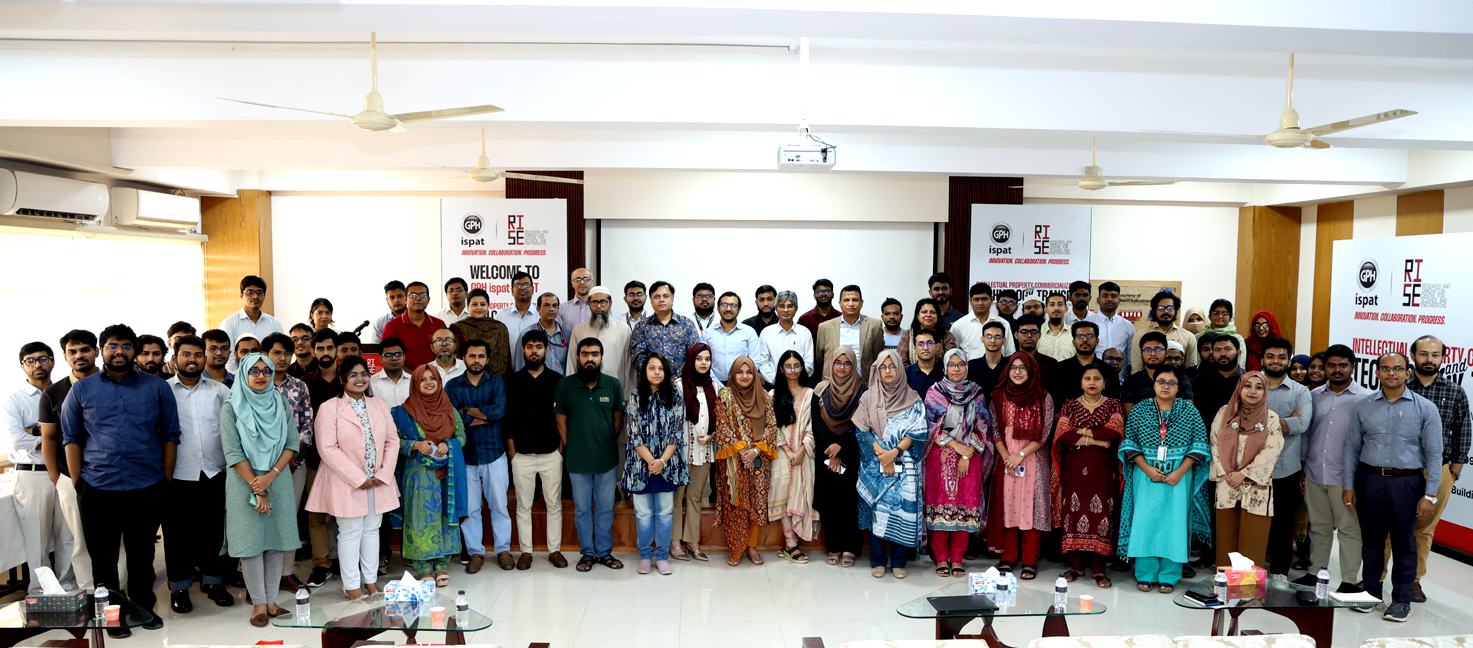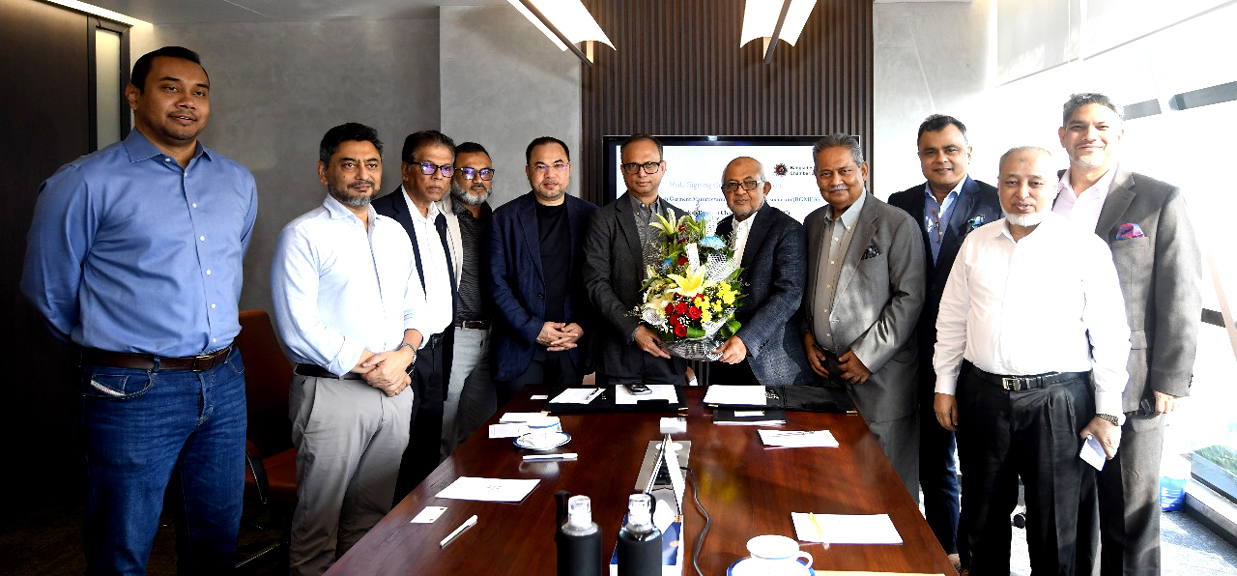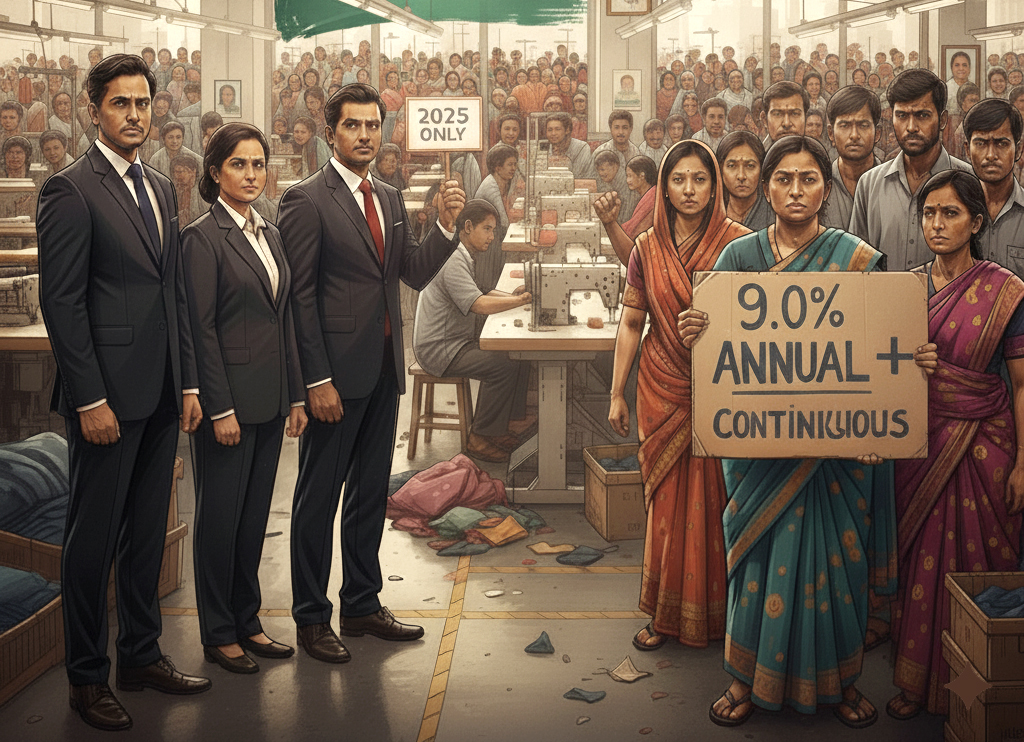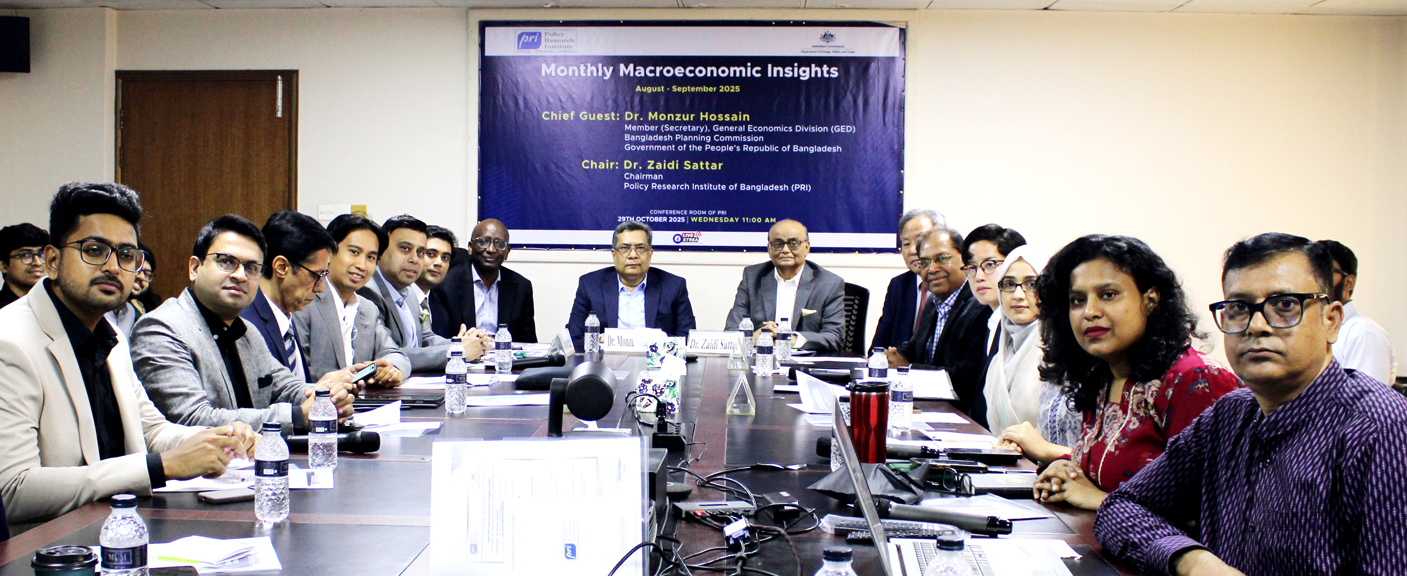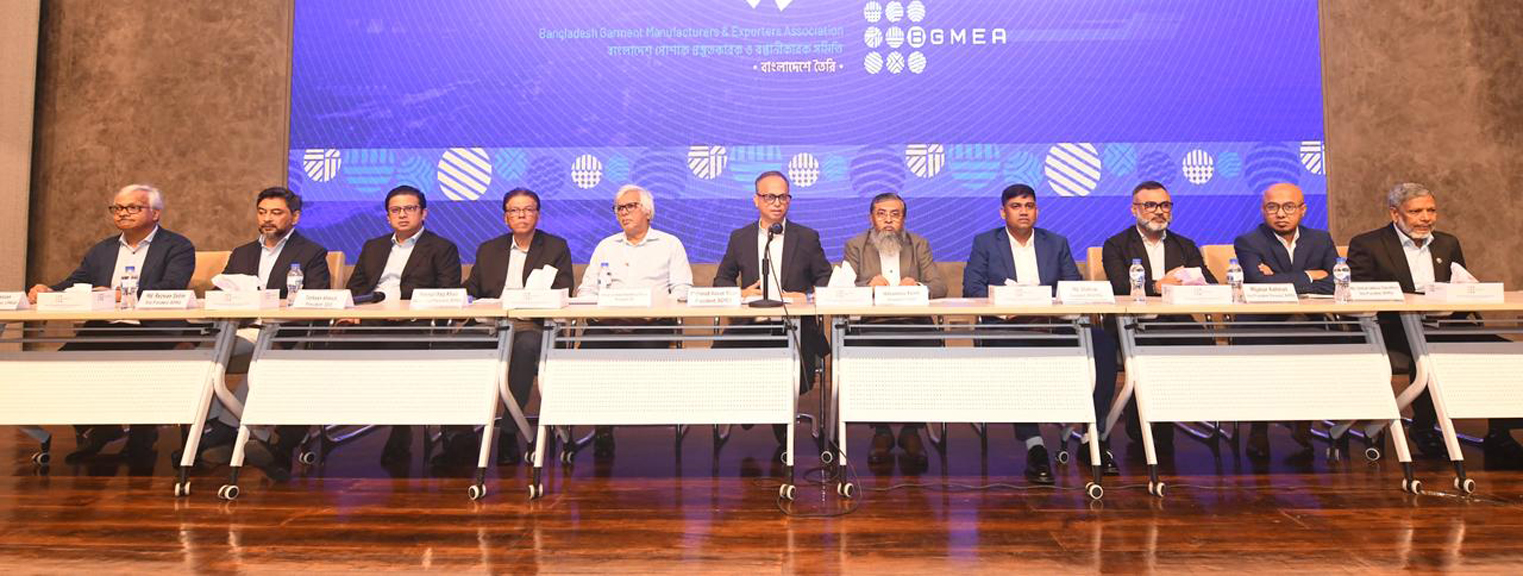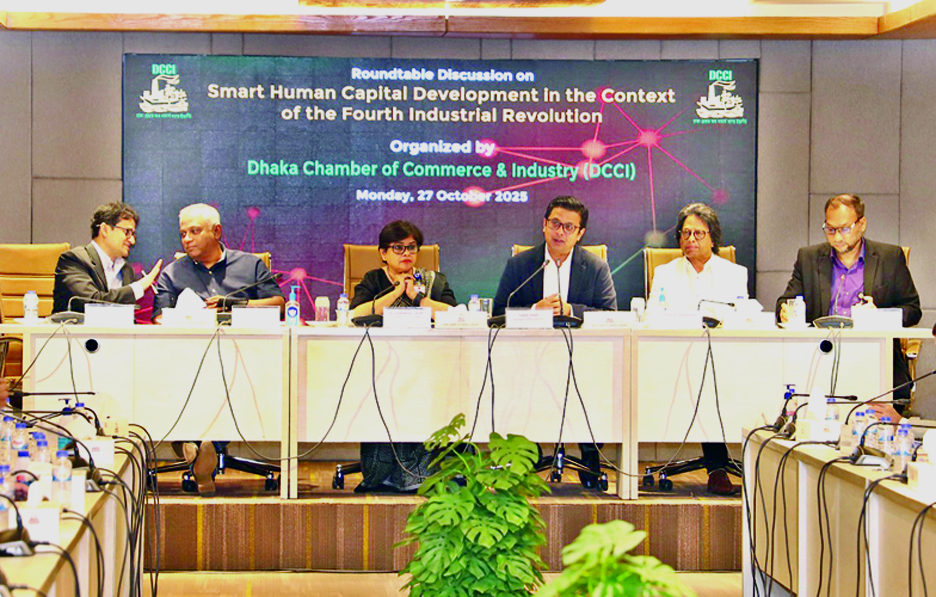The government has extended the licence renewal period for factories, shops, and other establishments registered with the Department of Inspection for Factories and Establishments (DIFE) from one year to five, officials confirmed.
The move comes as part of a draft amendment to the labour law recently approved by the advisory council.
While factory owners have welcomed the extension, some DIFE inspectors have expressed concerns, highlighting potential disparities among enforcement personnel.
Under the proposed amendment, ‘…The licence shall be renewed every five (5.0) years, but the licence of the contractor organisation shall be valid for one (1) year. It shall be registered or licensed and renewed in accordance with the rules, and by paying the fee fixed by the government from time to time,’ the draft reads.
The DIFE licence is a key regulatory tool designed to ensure workplaces comply with standards for health, safety, and working conditions as set out in the Bangladesh Labour Act, 2006.
Operating without the licence constitutes a violation of the Act and can attract penalties, officials said.
Currently, the Bangladesh Labour Rules 2015 stipulate that licences for various establishments—including factories, shops, commercial and industrial entities, and contractor organisations—are valid for one year from the date of approval.
A labour ministry official said a group of DIFE inspectors opposed the extension and had urged senior officials to review the provision before the labour law was passed as an ordinance following law ministry vetting.
Another official said that inspectors and owners generally agree that timely licence renewal encourages adherence to social and safety compliances.
Conversely, extending the renewal interval could risk reduced compliance if owners are not diligent. Allegations have also surfaced that some inspectors preferred the one-year renewal cycle to solicit illegal benefits from owners.
Officials said the proposal for a five-year renewal period originated from DIFE last year, citing that inspectors currently devote significant time to processing new and renewal licences for the large number of registered establishments.
More than 220,000 factories, shops, and other establishments are registered with DIFE. Between August 2024 and August 2025, DIFE issued new licences to 9,302 entities and renewed more than 35,000.
The DIFE proposal highlighted that extending licence validity would allow inspectors to focus on other regulatory responsibilities, including the recruitment of workers, maternity welfare benefits, health protection, workplace safety, wages, and broader welfare measures.
Mohammad Hatem, president of the Bangladesh Knitwear Manufacturers and Exporters Association (BKMEA), welcomed the change, saying that it would reduce costs and save time for business owners.
Speaking on compliance concerns, he acknowledged that some provisions of the labour law could be implemented rigidly by inspectors, which may not significantly enhance working conditions.
Hatem said that, for instance, railings on both sides of a staircase were mandatory, but a factory might have a wall on one side, making double railings unnecessary.
He said that critical compliances, such as rooftop railings and the prohibition of collapsible gates, were closely monitored, and that BKMEA members maintained additional standards required by buyers beyond government regulations.
The extension of licence validity is expected to ease administrative burdens for owners while allowing inspectors to focus on substantive compliance measures, potentially improving workplace safety and welfare across Bangladesh’s industrial sector.


